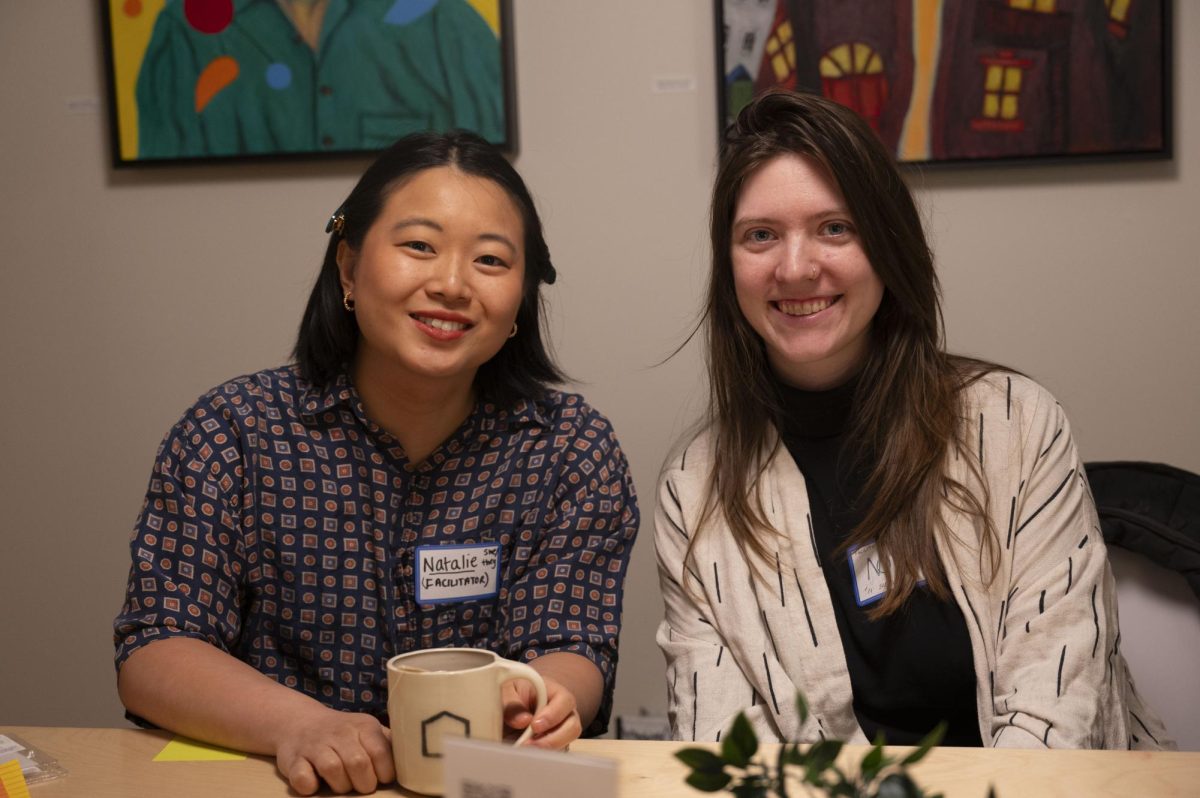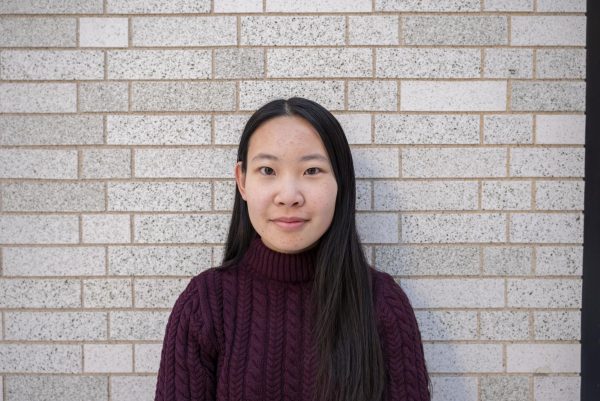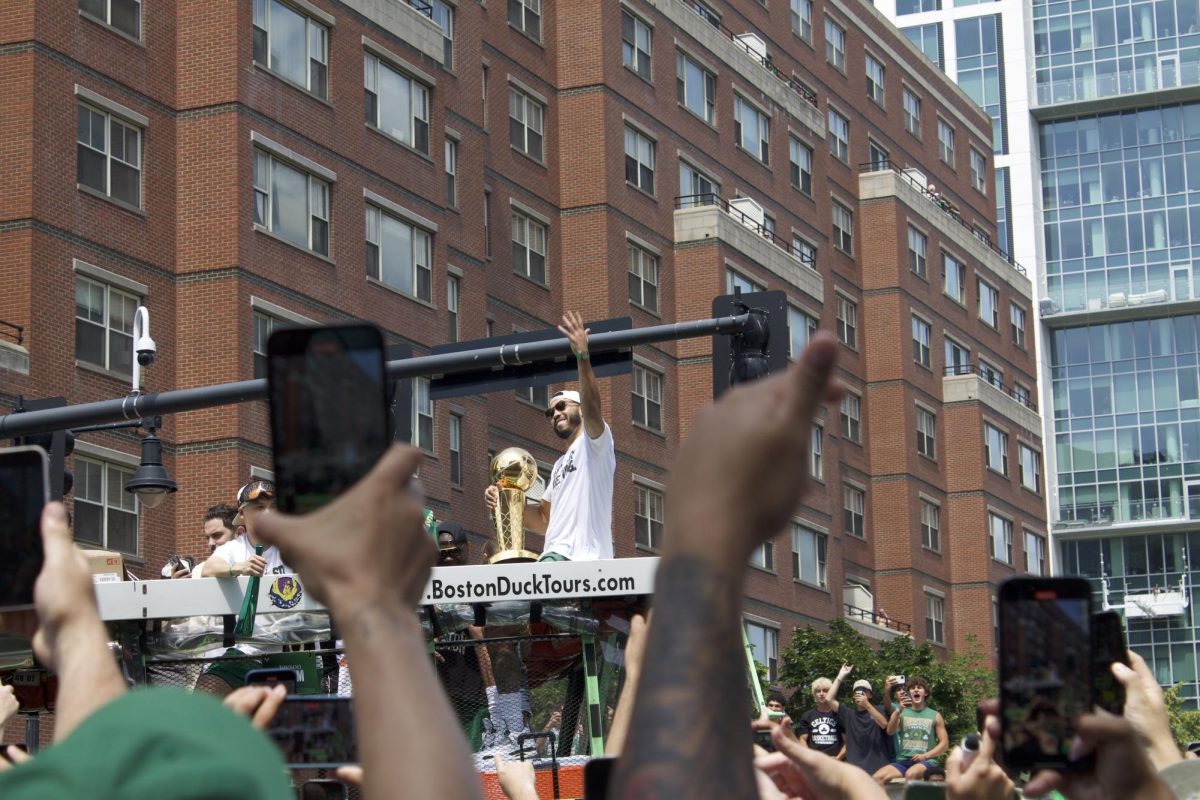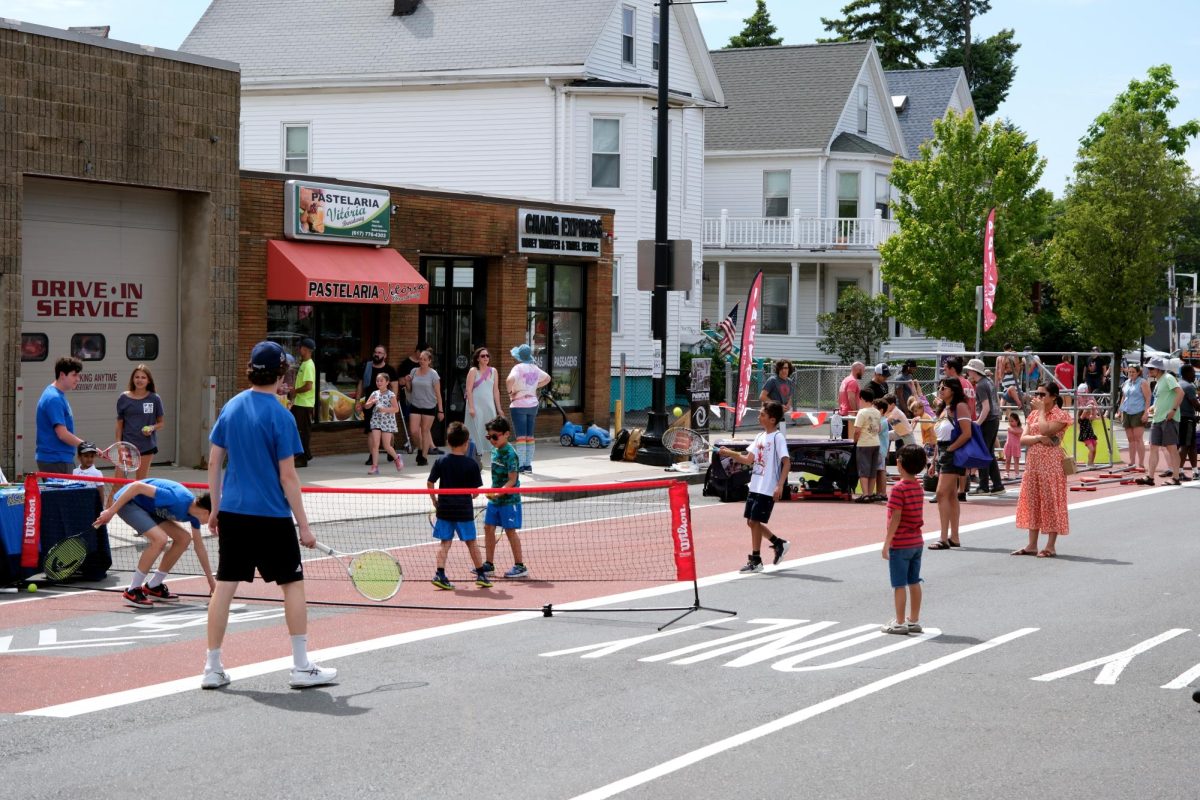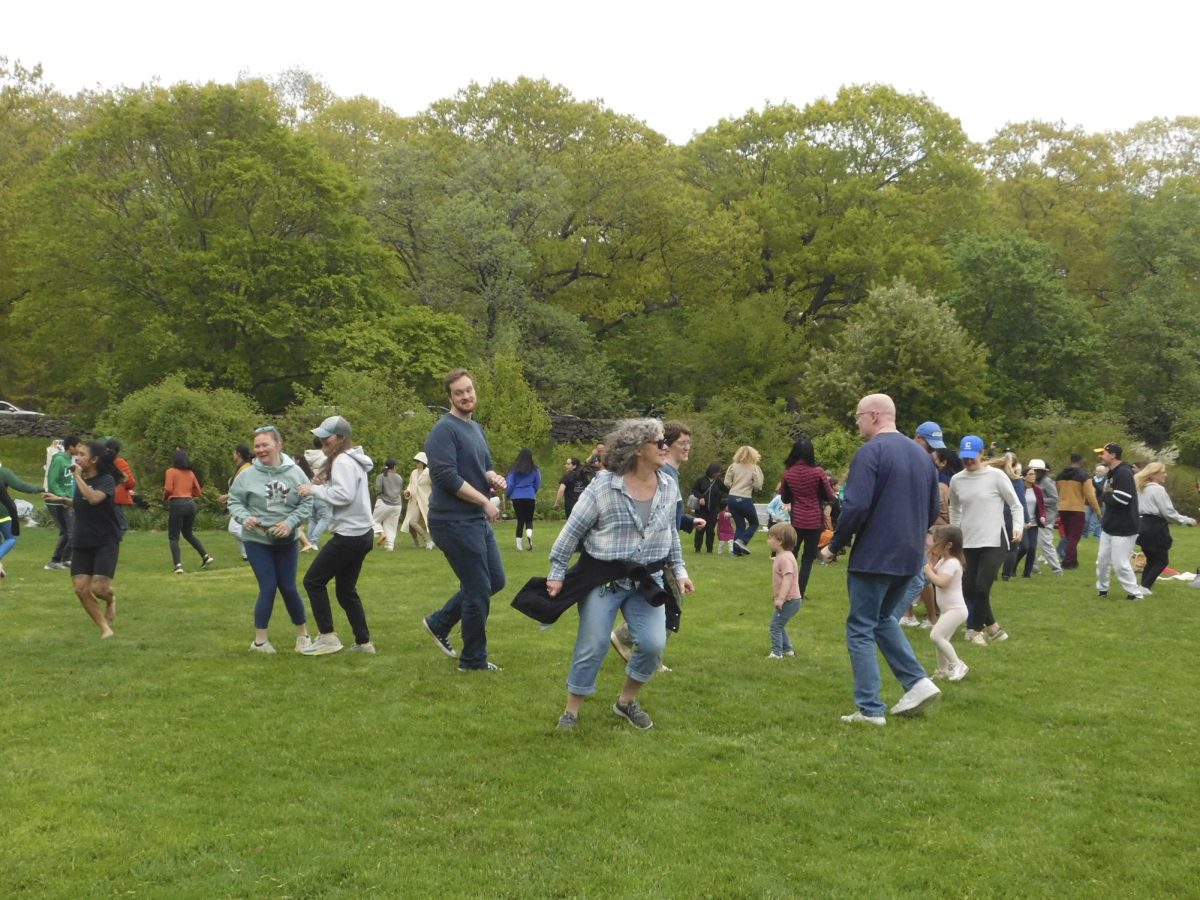On a recent evening, in a small room in the back of a Somerville community center with the inviting aroma of tea and cake wafting in from the adjoining kitchen, 14 strangers sat around a table excited to discuss a typically-taboo topic: death.
The April 3 event, aptly called a “Death Cafe,” was part of a larger movement founded by British Buddhist Jon Underwood in 2011. Underwood established the organization to give people the chance to come together and speak openly about death without fear of being shut down. The idea has spread rapidly — over 15,000 cafes have been hosted worldwide in countries ranging from Afghanistan to Zimbabwe.
These cafes are facilitated by local community members who publicize the event, moderate the discussion and agree to uphold the four key norms of the Death Cafe movement:
First, the organization and events are non-profit.
Second, the event does not intend to lead attendees to a particular conclusion or product,
nor is it meant to be a grief counseling or support session.
Third, the event must be held in an accessible and confidential space where all attendees’ beliefs and opinions are respected.
Last, there must be tea and cake provided — it is a British organization, after all.
During the Death Cafe in Somerville, many attendees reflected on failed attempts to have conversations about death with friends and family, whether about funeral preparations, grieving styles or simply acknowledging that life is finite. The general consensus seemed to be that death was an idea no one wanted to think about, let alone talk about.
The facilitators, Death Cafe attendees themselves, agreed. “I think it’s a part of life, and it’s not acknowledged,” said Nova Reilly, a school counselor and social worker who ran the cafe.
Natalie Sew, a teacher-researcher who co-hosted the event, agreed, describing how her attempts to talk about loss often felt unwelcome.
“I was used to talking about death and people saying, ‘Oh, I’m so sorry,’ and then it feels like you should stop talking because you’ve said something upsetting,” she said.
In a Death Cafe, however, Sew feels free to discuss anything she wants, she said. “I think Death Cafe is really great at normalizing discussions that you can worry [might] make other people feel uncomfortable, whereas everyone who’s come here is consenting to that.”
Death Cafe attendees do more than consent to hearing about death — many are excited to finally be able to openly discuss it. At the Sommerville Death Cafe, the attendees, all perfect strangers, spent an animated two hours discussing everything from near-death experiences to obituary writing to the afterlife and even what type of coffin they’d like.
Sarah Dingee, a senior program manager who also works as a death doula, reflected on the range of issues brought up at the Death Cafes she has hosted. When asked if she’s seen a theme in conversation topics, she laughed.
“Give me three more Death cafes and I feel like I could be able to answer that — it’s really gone across the board,” Dingee said.
She described how attendees will seamlessly switch between somberly discussing subjects like the difference between suicide and medical aid-in-dying to joking about the sayings they’d want written on their tombstones.
“People often say they had conversations here they never had before,” Sew said. Dingee would “absolutely” recommend the experience to college students: “Tomorrow’s not guaranteed. … When [you] can recognize that death is inevitable, you can live more purposefully and presently, knowing that it will end.”
Editor’s Note: This story was updated April 19 at 9:33 a.m. to remove a source’s workplace due to privacy concerns.








